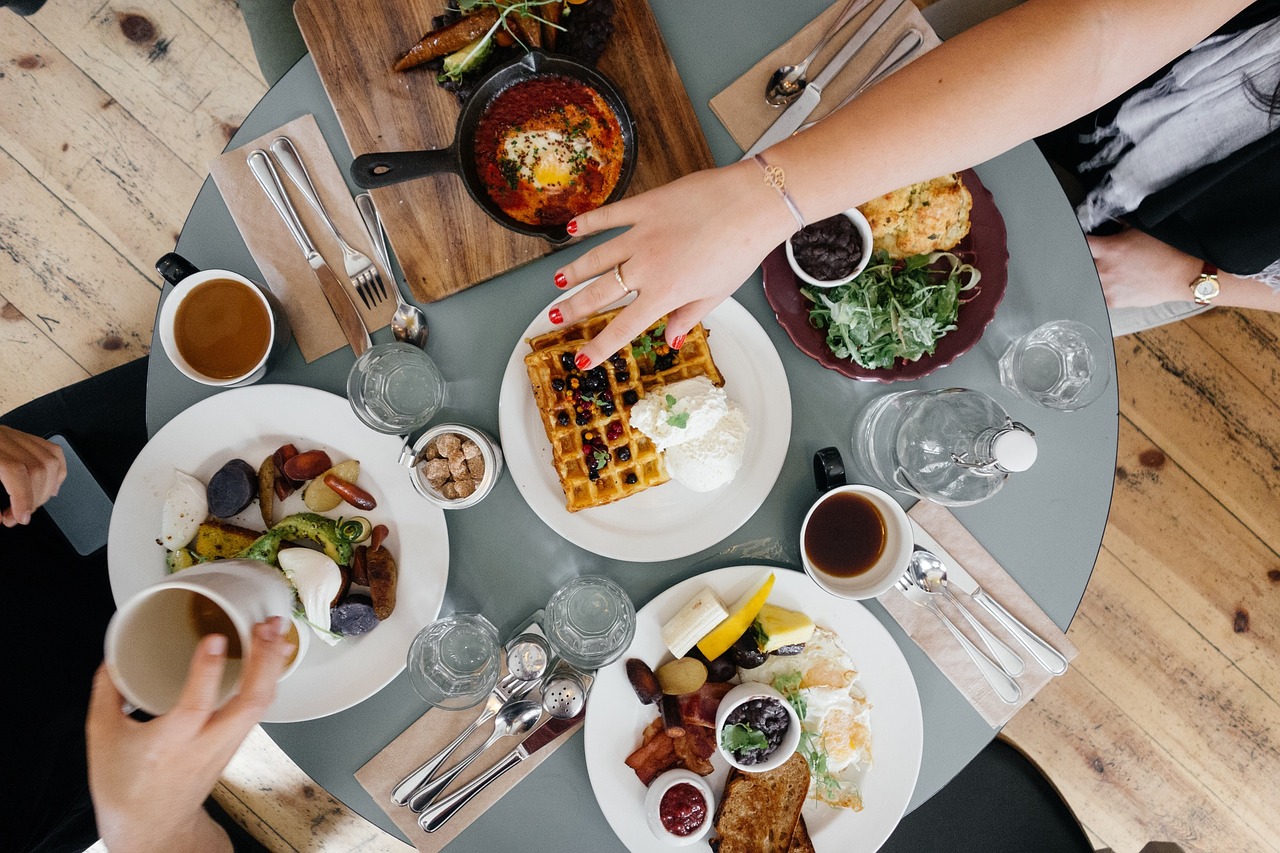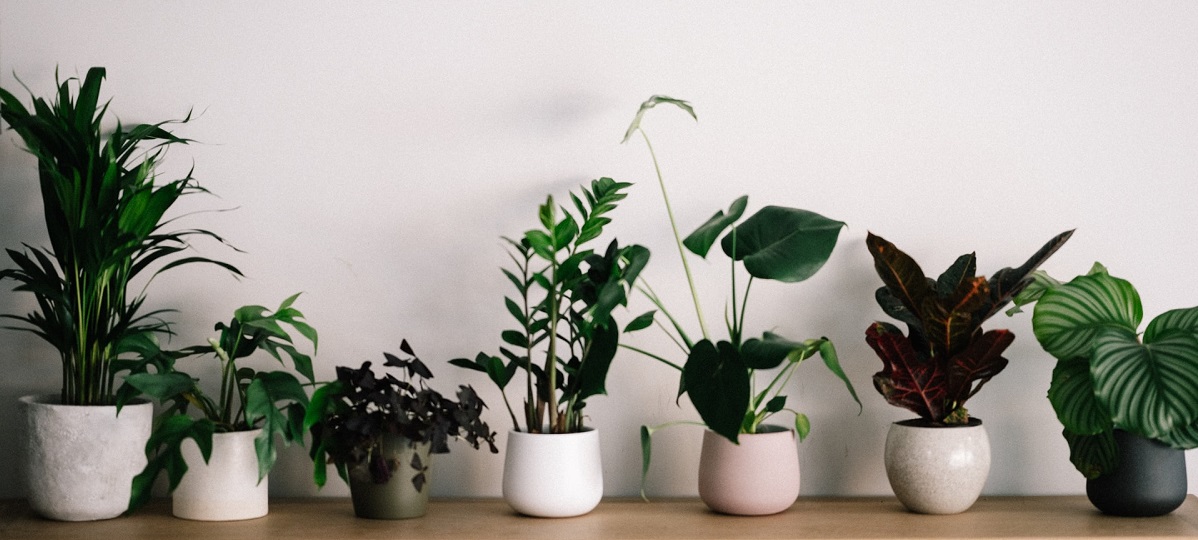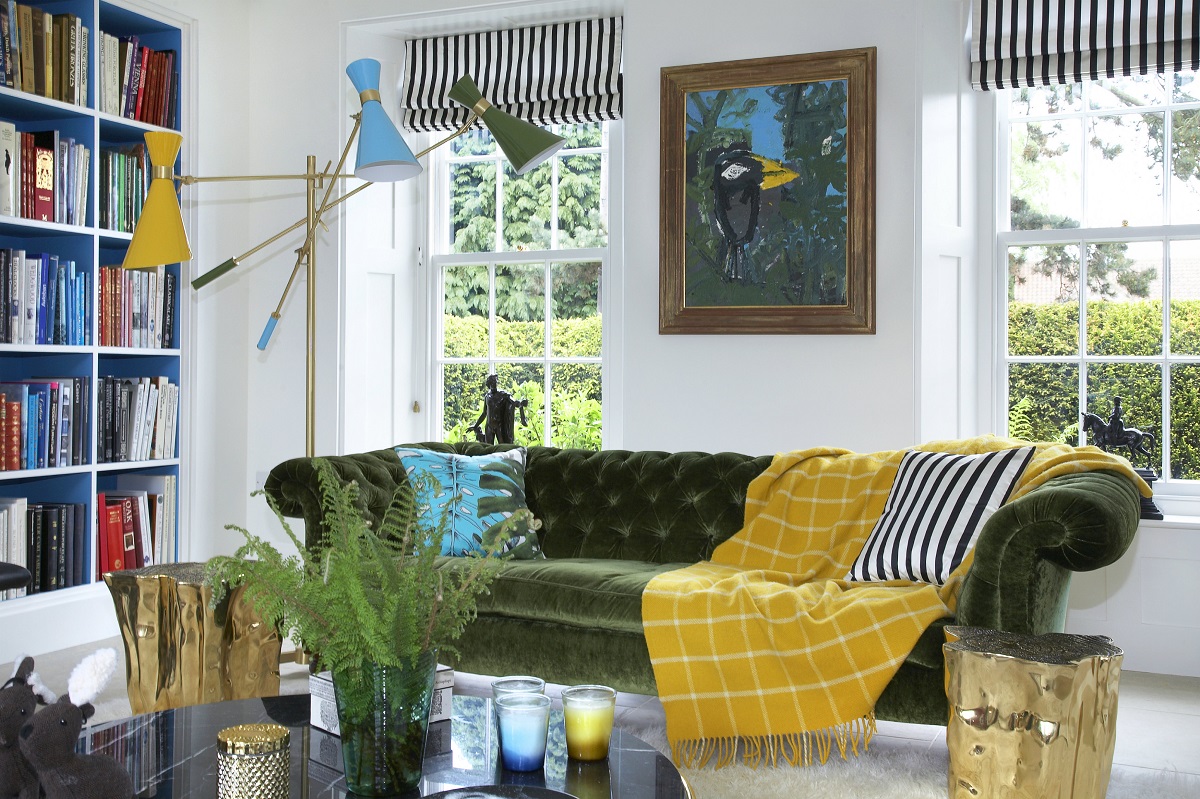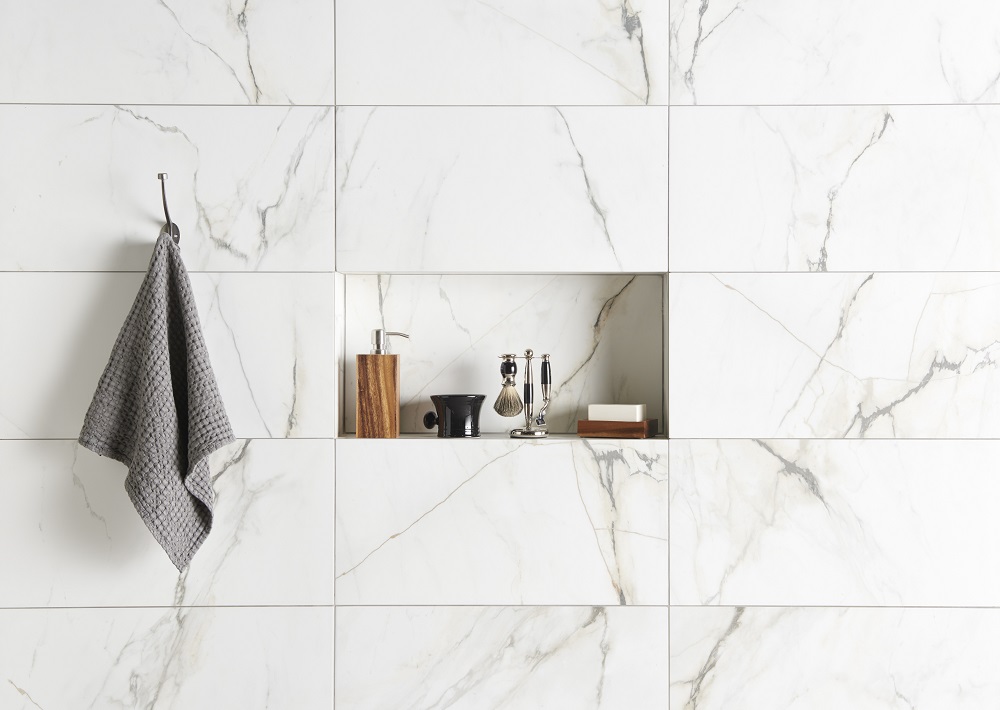We all rushed out to buy Marie Kondo’s book on decluttering but how many of us actually did the work? Well, we spoke to Home Organisation Expert, Diana Spellman about how more than ever a cluttered home could be harmful to our mental health and how we go about doing it during a pandemic…
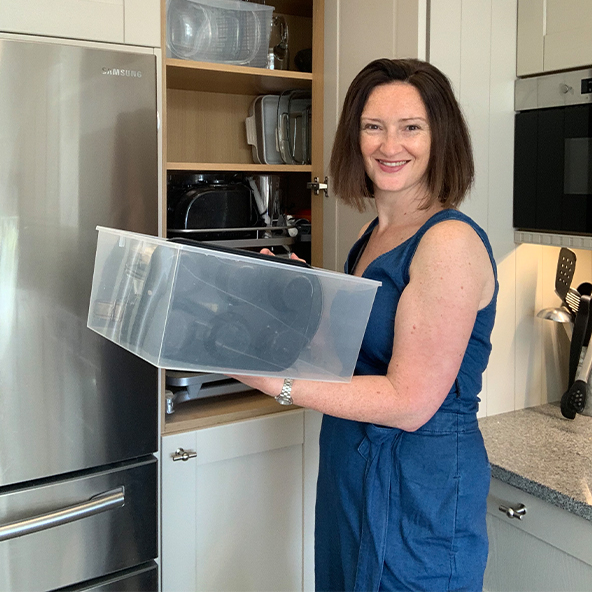
1. What is the impact of a cluttered and untidy home on mental health and wellbeing?
82% of us have experienced ‘mess stress’ at some point in our lives, with nearly half (44%) at least weekly – you know that little niggle when you see mess or debris on a surface or messing up the bed? That’s mess stress! There are a number of effects, this can have on our health and wellbeing and stress levels. It’s that ‘nagging voice’ in your head (sometimes just a niggle that you can’t quite identify) that prevents you from ever being able to relax, because you know there are things that need tidying. It means that you both can’t concentrate 100% on your work, and you can’t relax at the end of the day. It’s a feeling that you can’t get away from when you have clutter or piles built up, a feeling of guilt whenever you relax because you feel you ‘should be sorting it out’. Not only that, but when you do spend the time to sort it out, you feel bad because you are not spending that time at weekends with your family, nor able to recharge as you need to do for yourself.
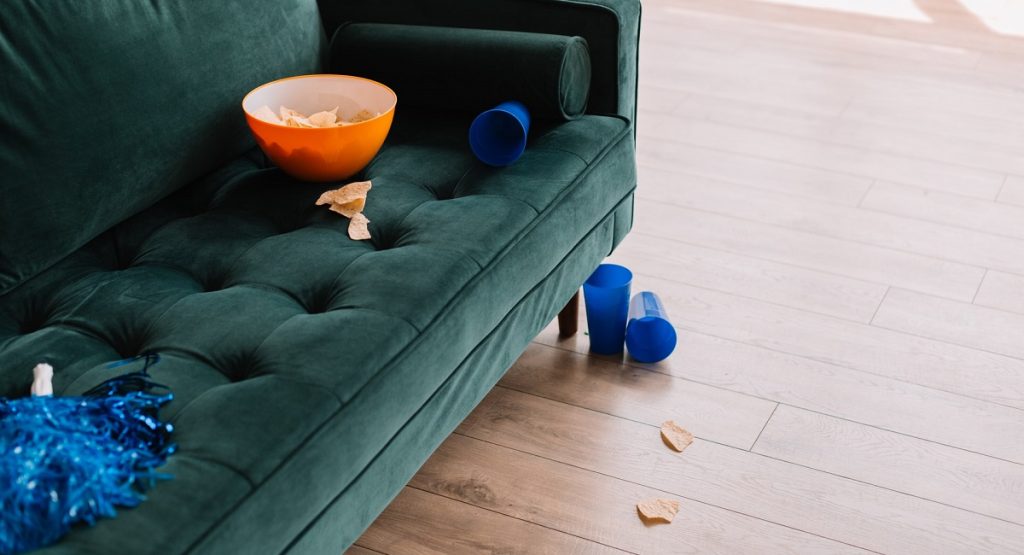
2. With people spending more time in their homes – on average around 8 hours more per day – what advice would you give to those becoming stressed due to clutter?
Don’t try and tackle all the mess or clutter at once as this can feel overwhelming. Start small – start with just ONE surface. Pick a surface that you see when you sit down in the evening to unwind, seeing it clear will give you an instant ‘ahhhhh’ moment. To tackle that surface, really look at what’s on it and create what I call ‘end homes’ for those items – that’s a place where those things live and always get put back to at the end of the day. To start with, just find a small drawer or basket nearby. Once you do this for one surface and mindfully put things away and feel the effects, you can tackle more one-by-one.
3. What changes have you seen in the way people treat their home environments due to lockdown?
People are definitely ‘upscaling’ their homes and gardens in terms of creating environments or leisure items at home because of not being able to go elsewhere for this. Personally, we have bought a blow-up hot tub at home and it is bliss! However, anecdotally I’ve not seen the same level of investment in things that can really add to that and keep people’s homes a haven with easier/quicker ways of keeping tidy – because initially it’s less tangible for people and more difficult for people to imagine the (real) rewards they will get from this in the longer term.
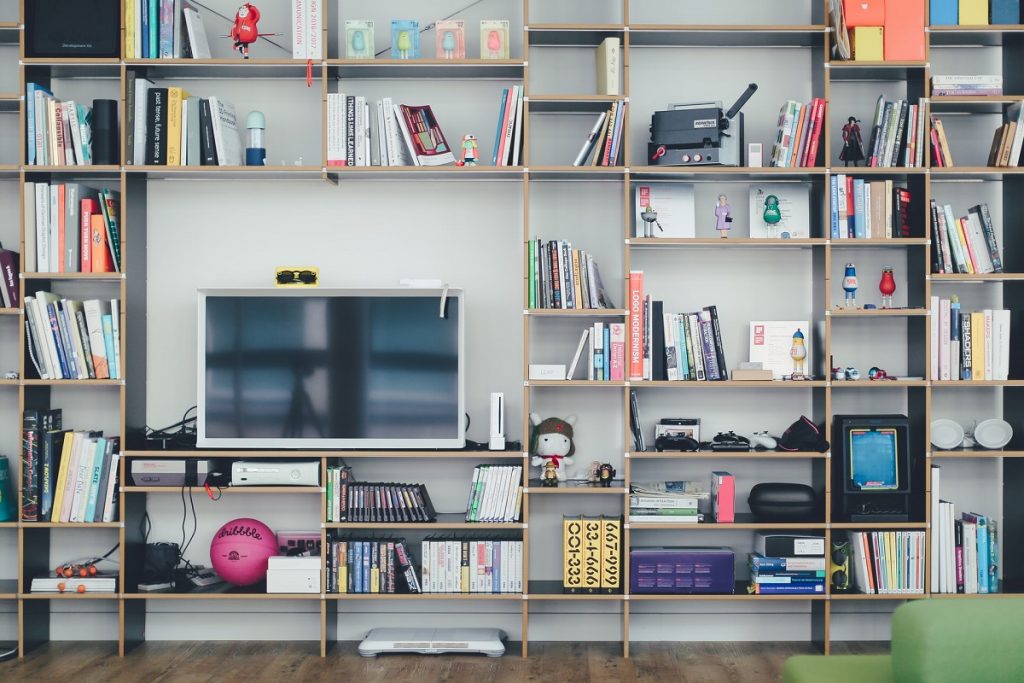
4. What advice would you give to homeworkers on creating the best combined home AND work space?
In order to both focus on work during work hours and switch off once they are over, you need to create the separation, even if it’s not physically there. In my recent survey (Serenely Sorted’s commissioned Kantar study – March 2021), I found that 60% of those working from home did not have a dedicated work space, so were working from either the bedroom or main living area. If that is the case, it’s important to pack up your ‘desk’ at the end of the day into a bag or a box. Do this consciously and remove the bag or box from the room so that you are not distracted by it in the evening – it’s this that can cause the ‘mess stress’ and prevent you from unwinding / switching off at the end of the day. In order to focus on work, it’s about avoiding the distractions of the piles and mess at home. This is a longer journey that is all about the journey towards realistic home organisation – and why I created the unique Serenely Sorted System and introduced ‘end homes’ that enabled me to de-clutter but also stay on top of it. I wanted a tidy home but without the drudgery of endless hours spent tidying, so created an efficient way of doing it. Once it’s set up, the beauty is you can spend less time than ever tidying!
5. Lockdown was particularly hard for those with children, how do you keep an organised home with everyone in the house at the same time?
As mum myself, that has certainly been tough, with a six and eight year old in our home throughout lockdown, my house has been no different. It’s similar to the work stuff, you have to be able to pack it away at the end of the day so it’s out of mind – just like the work stuff, you don’t want to think about home schooling come 8pm! It’s important not to worry during the day about the mess – mess / toys chaos is inevitable and part of play, so I always encourage it, rather than suppress it for the sake of a tidy home. But, and the big BUT, is that you always have to get ‘back to tidy’ at the end of the day. We have both systems and habits that the whole family use that enable us to do that. We have end homes for everything meaning that it’s easy to put everything away, and everyone is involved. Just after the kids dinner time, we do the ‘back to tidy’ routine, then it’s all away and the ‘ahhhhh’ moment can begin!
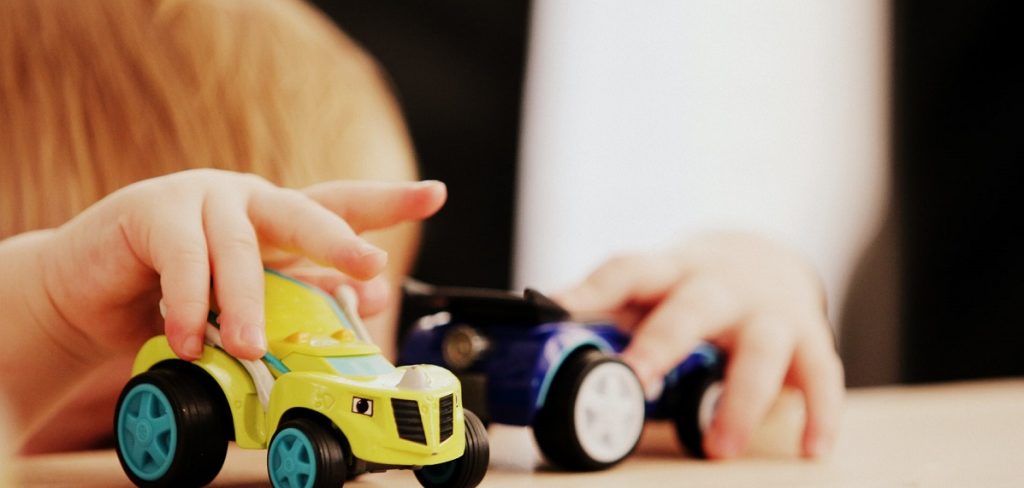
6. What trends do you predict after we all open up? Will we still be more interested in our home environments?
I think we’ve come to appreciate our homes a lot more as our havens. Plus, with the hybrid model of working set to continue for the long term, many of us are still going to be in our homes far more than before, so, I actually think there will be even more interest. Perhaps before it was seen as temporary and just ‘getting through’, but it’s now worth the investment of equipment and time to sort, as it’s a permanent fixture now. Not to mention that for many, the year has had a big financial impact that means holidays or big spending outside the home is not an option for a lot longer than just this year, so we need to make the most of what we have!
Diana Spellman is the Founder of home organisation service, Serenely Sorted.

